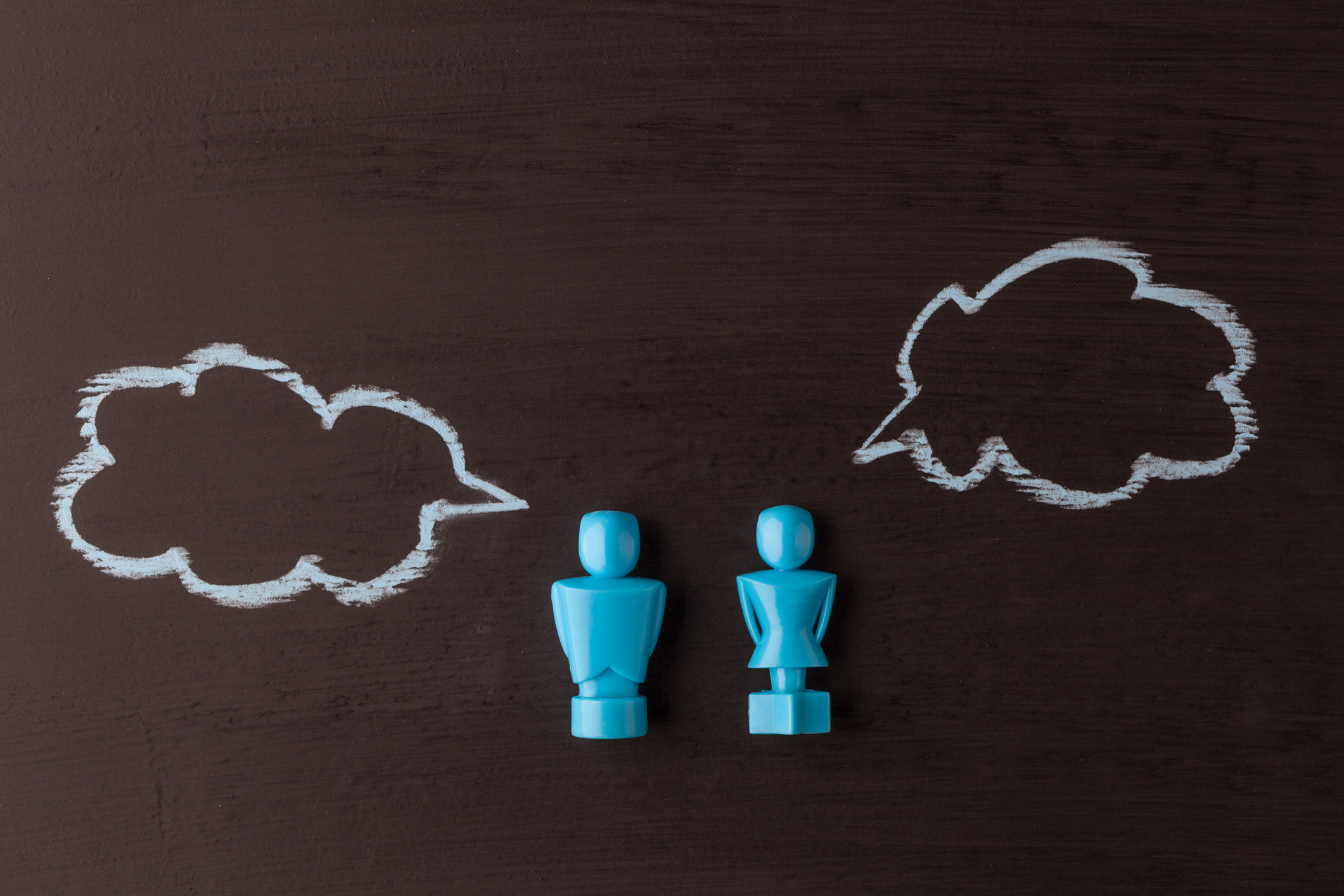Some people keep feelings and emotions close to the vest. They aren’t bad people, but it can be frustrating when we’re only treated to occasional glimmers of their sparkling personality. Their slow message response times (leaving you “on read”) and unaccepted invitations make you feel unwanted, or that you’re the only person putting in any effort.
Having a heart-to-heart with a cheerful, friendly person, however, rarely feels like a struggle. But if everyone was cheerful and friendly, we’d already have world peace. Dealing with people who are distant seems to present a bigger challenge.
Chances are they’re not trying to make you feel bad. And luckily, continuing the effort can reward you with a wonderful new friend, or a closer relationship with a familiar face.
Whether this distant person is part of a burgeoning relationship, a family member you’ve always admired, or a newly reclusive sibling or spouse, here is how to show them you value their presence.
Have Empathy
A number of traits and mental illnesses lead to a distant personality. Insecure attachment styles, like reactive attachment disorder and disinhibited social engagement disorder, can make people hesitant to start up conversations, seek comfort in the company of others, or ask for what they want directly.
However, just because someone is distant doesn’t mean they qualify for these disorders. In fact, the DSM says these behaviors must be present before age five to count as a “disorder.” Anxiety and depression can also easily manifest as distance. Pushing away loved ones is a common symptom of depression.
Even lesser stressors, like buying a home, going through finals, or helping a sick relative can lead a person to someone retreating and acting distant.
You may not know specifically what causes a person to distance themselves. They may not want you to know, and that’s okay. Don’t push for an explanation. But have empathy when reaching out: Refusing to easily share feelings doesn’t mean they’re rude or dislike you.
Open Yourself Up
Some distant people struggle to share their feelings. They may be embarrassed by their emotions, or scared of being vulnerable.
When dealing with a distant person, consider taking a few leaps of vulnerability yourself. Don’t reveal your whole life story — that can scare off even the friendliest stranger! — but show them that you’re not scared of serious conversation. By taking that first frightening step, you provide an opening for them, too.
Give Them Time
Demonstrating vulnerability is a fantastic way to engage a distant person. Just keep in mind: distance is not changed in one conversation. It may take time for your friend to fully open up.
For example, if a person is distant because socializing increases their anxiety, they may only have the energy for one conversation per week. Consider their emotional resources like a battery: every interaction decreases the charge. Refueling time is mandatory, so texts may be slow or they may decline your next invitation out.
Relationship progress can be exciting, but don’t be disheartened when a distant person moves more slowly than you.
Be Frank
When you talk to your friend, make sure to used I-focused language: “I feel like you don’t respect me when you ignore my text messages” instead of “You are being disrespectful when you ignore my texts.” Accusations may make them more distant.
Quick caveat: be frank, not cruel. Since distance may be driven by depression and anxiety, avoiding harsh criticism is best. But many people don’t recognize their own distancing behavior, and a heads-up might do them a favor.
Pay attention to what works
Whenever you interact, keep close tabs on what works — and what makes them shy away. Did sharing your own struggles encourage them, or did you find them more distant after that chat? Did they make an effort to reach out more often after you told them how their distance makes you feel? You don’t want to smother someone who prefers less interaction.
Respect Your Differences
Remember, every person is different. Depending on the reasons for their distance, they may respond better to different approaches. Get to know them and you’ll be better able to predict what makes them tick.
Making friends is important — as is getting to know old friends and family better. But if the distance grates on your mental health, take a time-out break for your own sake. And if their unresponsiveness leaves you sad, talking with your therapist can help you set expectations or barriers.
Originally published at Talkspace.com
More from Talkspace:
How Financial Issues Impact Your Mental Health
Reframing is Therapy’s Most Effective Tool, Here’s Why
Asking “Are You Having Kids?” Can Damage a Person’s Mental Health, Here’s Why…
Follow us here and subscribe here for all the latest news on how you can keep Thriving.
Stay up to date or catch-up on all our podcasts with Arianna Huffington here.


